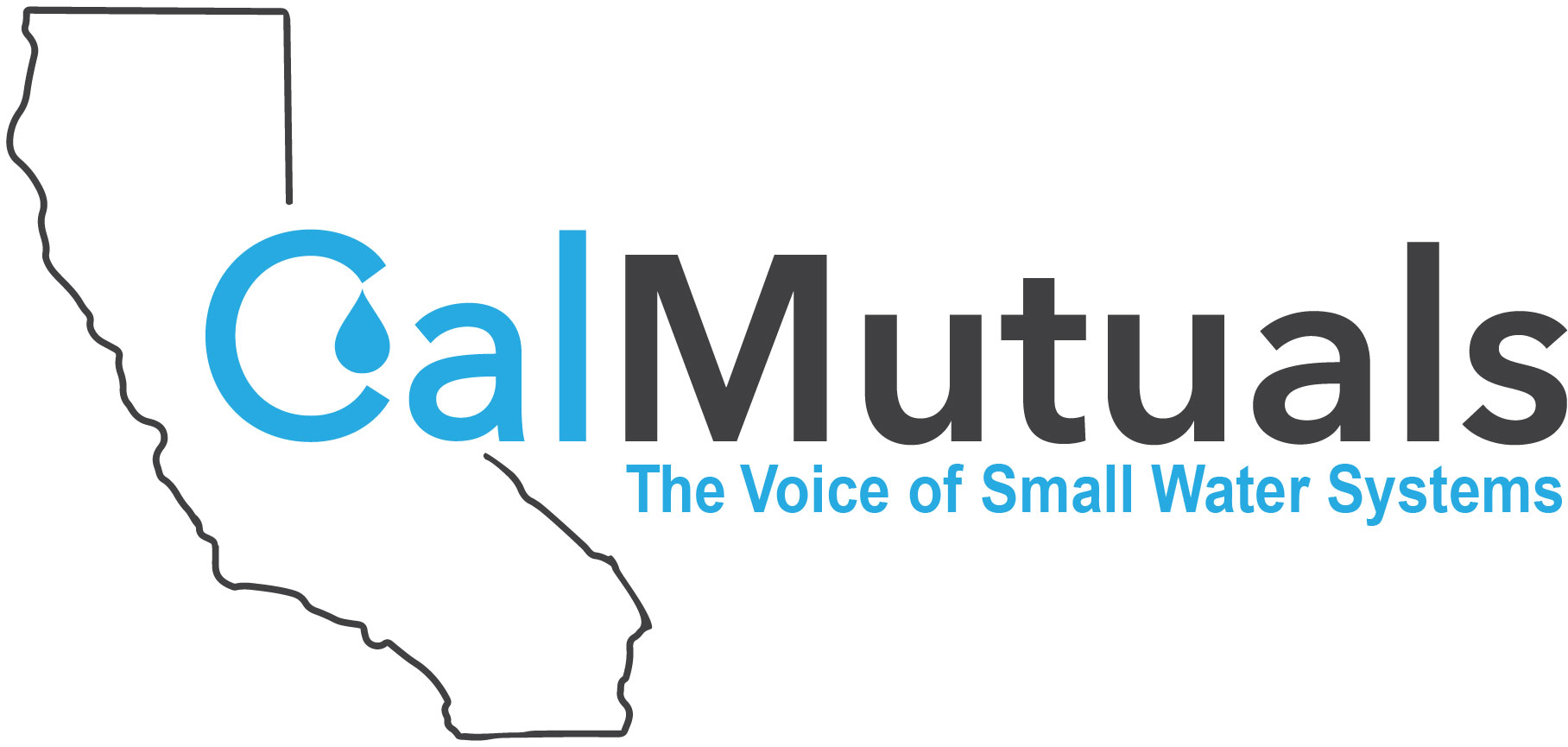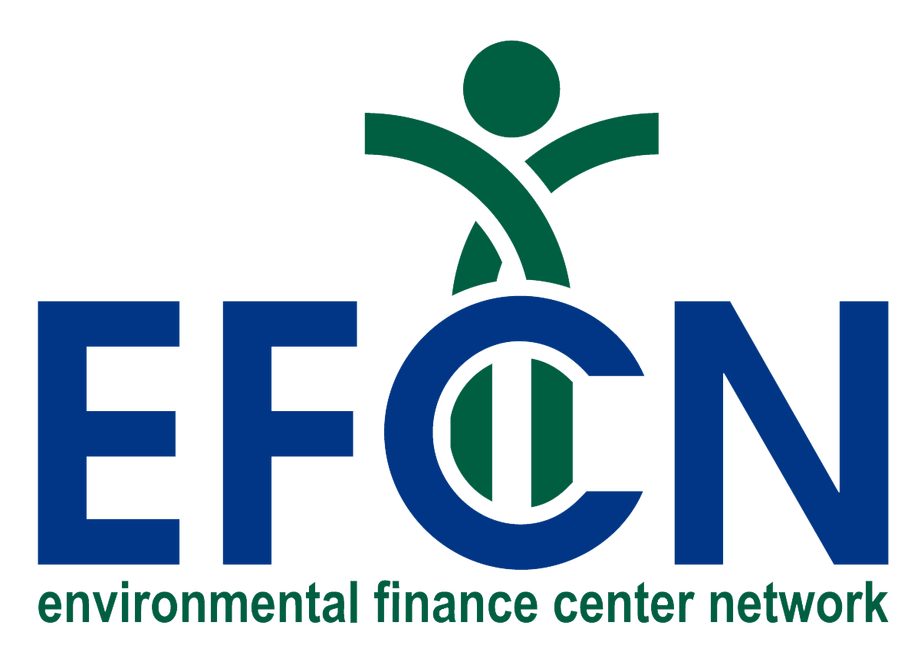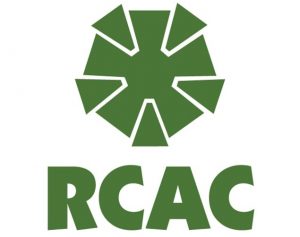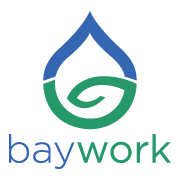EFCN: Small Water Systems Affordability Peer-to-Peer Session
Webinar OnlyAre you facing challenges related to affordability? Would you like to have a chance to connect with your peers who might also be facing the same issues? Would you like an opportunity for more interactive trainings? If yes, then this Small Systems Affordability Peer-to-Peer Session is designed for you! This virtual hour and a half session is an opportunity for small drinking water systems to share their particular challenges and gain insight from other attendees regarding these issues. The session is a chance to learn from each other in an interactive, peer-exchange format. This session offers system operators, managers, and decision-makers the chance to: Dive deeply into affordability issues Interact with a group of their peers tackling similar challenges Meet water professionals from outside their organization




